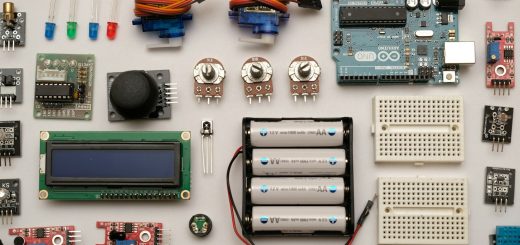5G Technology: What You Need to Know

5G technology is set to revolutionize the digital world with its unprecedented speed and reliability. As the newest generation of mobile internet connectivity, 5G promises to enhance mobile networks, support the exponential growth of Internet of Things (IoT) devices, and enable advancements in many other modern technologies. This article provides a comprehensive overview of what you need to know about 5G technology, from its capabilities to its impact on various sectors.
Understanding 5G Technology
5G stands for fifth-generation cellular network technology. It offers significantly faster data download and upload speeds, wider coverage, and more stable connections. Unlike its predecessors, 5G is designed to deliver higher data rates, reduced latency, energy savings, cost reductions, higher system capacity, and massive device connectivity.
Key Features of 5G Technology
- Increased Speeds
- 5G speeds can exceed 1Gbps, and in some tests, speeds have reached 10Gbps. This is up to 100 times faster than 4G, enabling users to download content more quickly and enjoy higher-quality streaming.
- Lower Latency
- 5G technology reduces latency to approximately 1 millisecond, down from 30-50 milliseconds in 4G. Lower latency improves the performance of business applications and other digital experiences such as online gaming, virtual reality, and augmented reality.
- Greater Capacity
- 5G networks can support a higher number of connected devices than current networks. This capacity is essential for the expansion of IoT, smart cities, and other tech-driven initiatives.
- Improved Reliability
- 5G is more reliable, ensuring stable and robust connections even in crowded areas or during peak times.
Applications of 5G Technology
- Smart Cities
- 5G can help cities become smarter by enabling more connected devices like smart streetlights and traffic systems that can communicate with each other, improving traffic management and energy usage.
- Autonomous Vehicles
- The speed and responsiveness of 5G are crucial for the development of autonomous vehicles, as they require instantaneous communication with other vehicles, data centers, and their immediate surroundings to operate safely.
- Healthcare
- 5G technology can revolutionize healthcare through remote monitoring, telemedicine, and streaming of complex medical data during surgeries.
- Industrial Automation
- In manufacturing, 5G can facilitate real-time monitoring and automation of manufacturing processes, significantly enhancing efficiency and safety.
Challenges and Considerations
- Infrastructure Investment
- Deploying 5G technology requires substantial investment in new infrastructure, including updating cell towers and installing new ones to handle the increased data and connectivity demands.
- Security and Privacy
- With the increase in bandwidth and device connectivity, 5G could potentially introduce new security vulnerabilities and privacy issues, requiring robust security measures.
- Health Concerns
- As with previous cellular technologies, the rollout of 5G has prompted discussions about potential health impacts. However, current research does not conclusively link 5G exposure to any harmful health effects.
Conclusion
5G technology promises to usher in a new era of digital innovation due to its ability to connect more devices at higher speeds with greater efficiency. As we continue to integrate this technology into various sectors, it holds the potential to drive significant changes in how we live and work.


